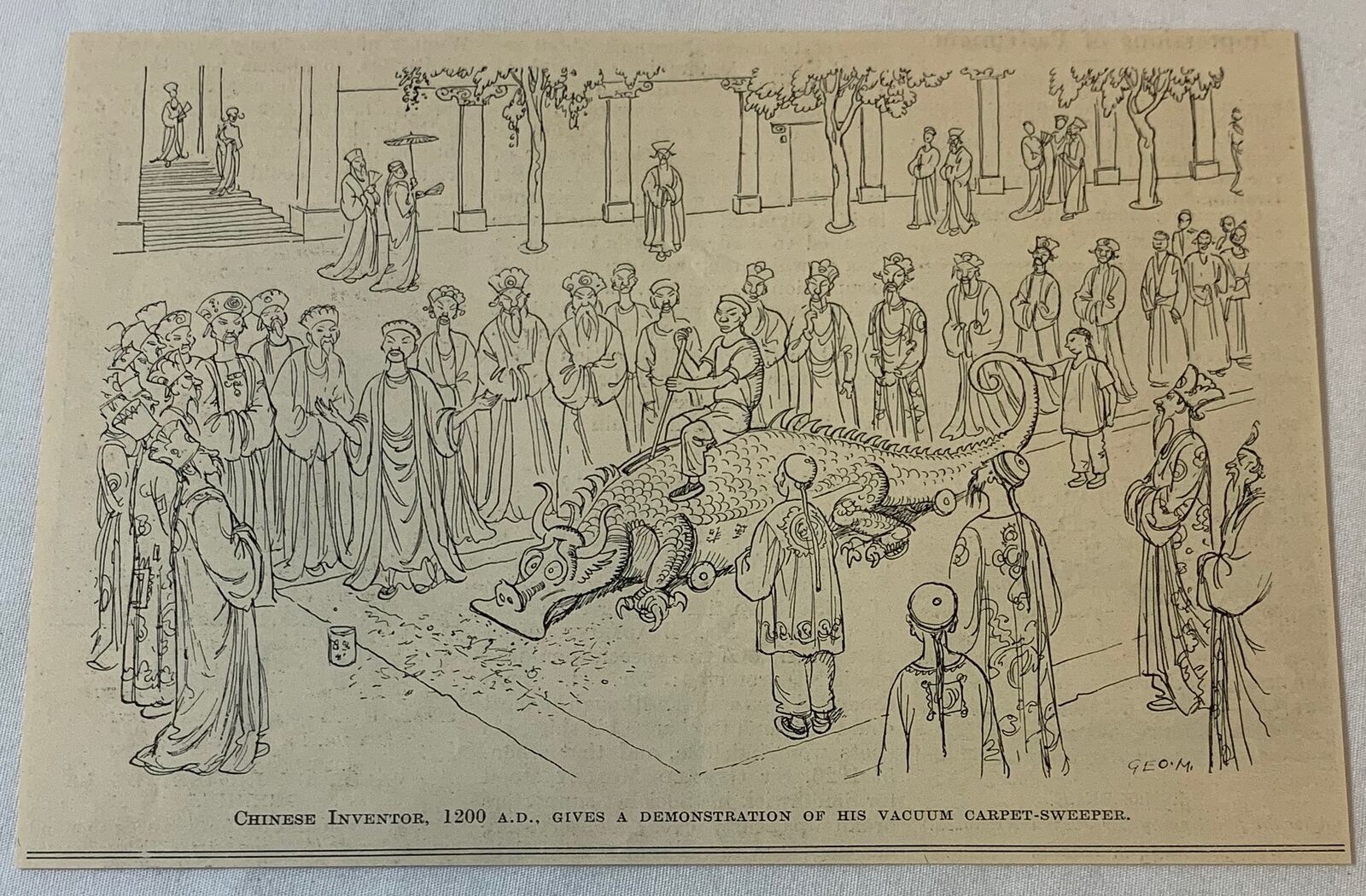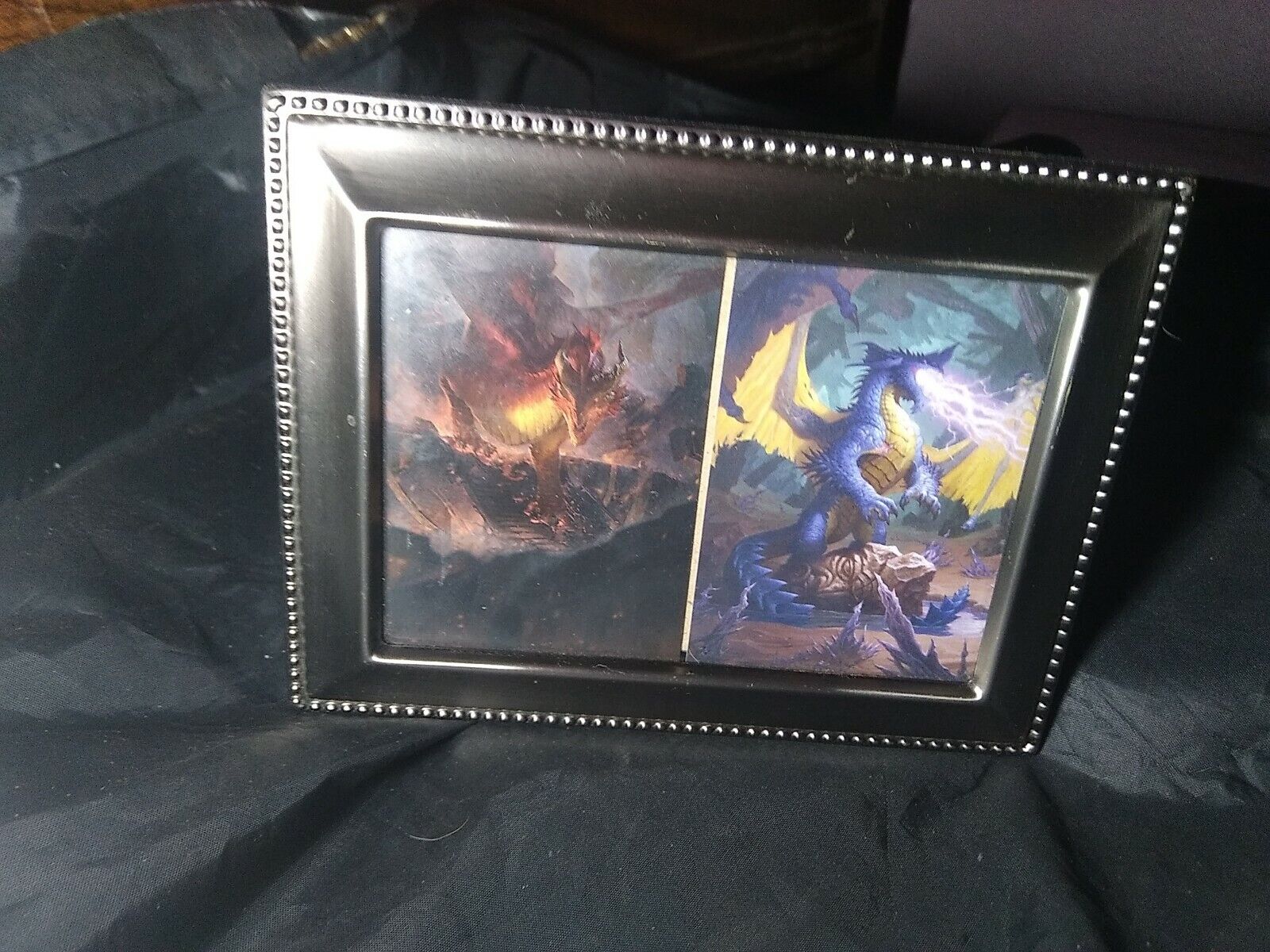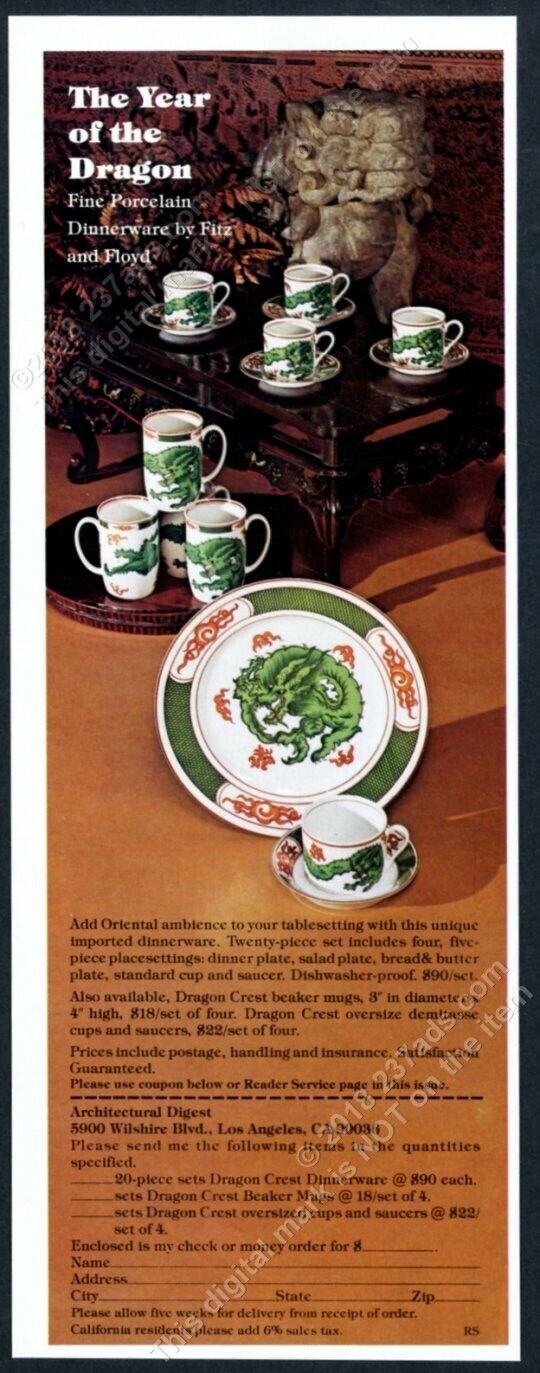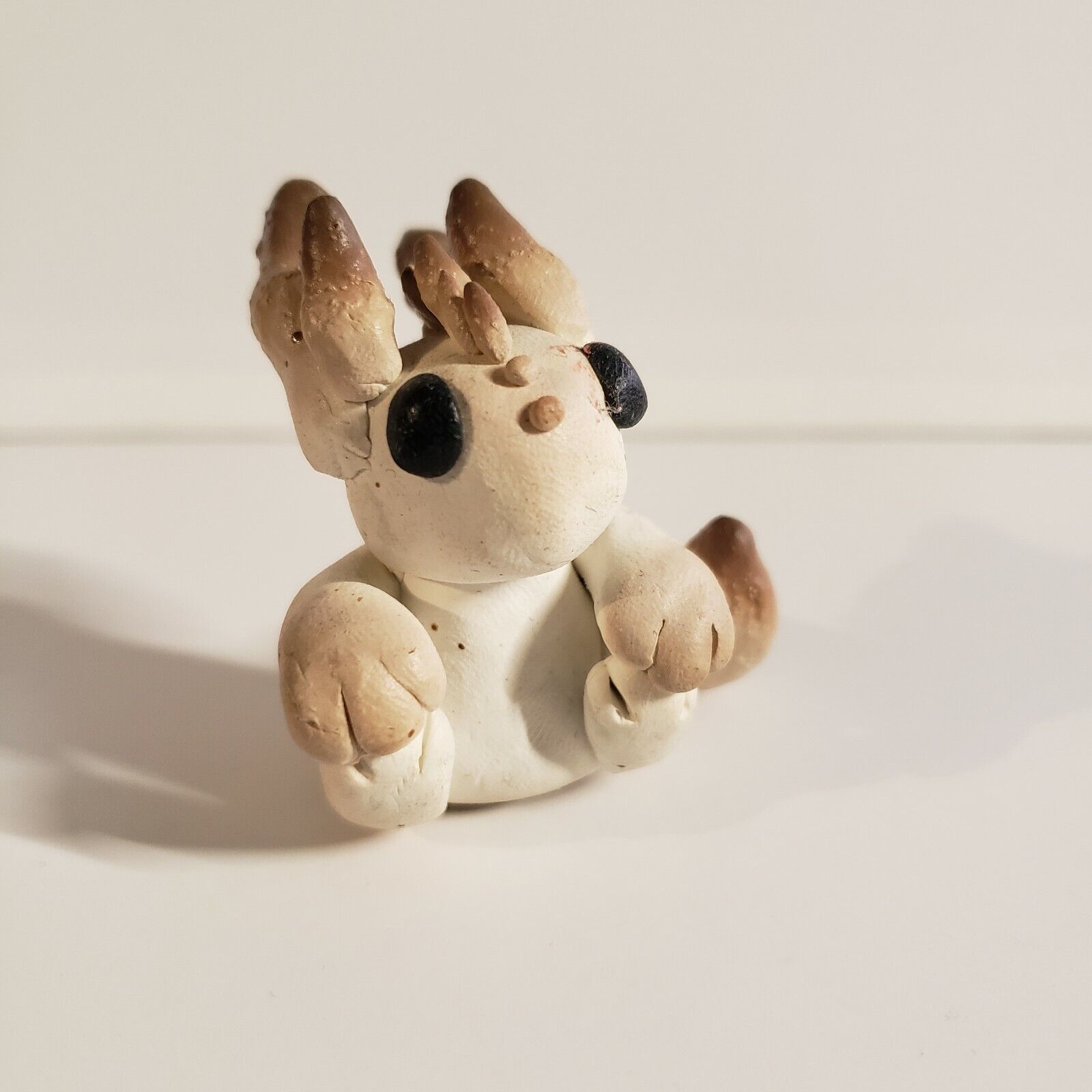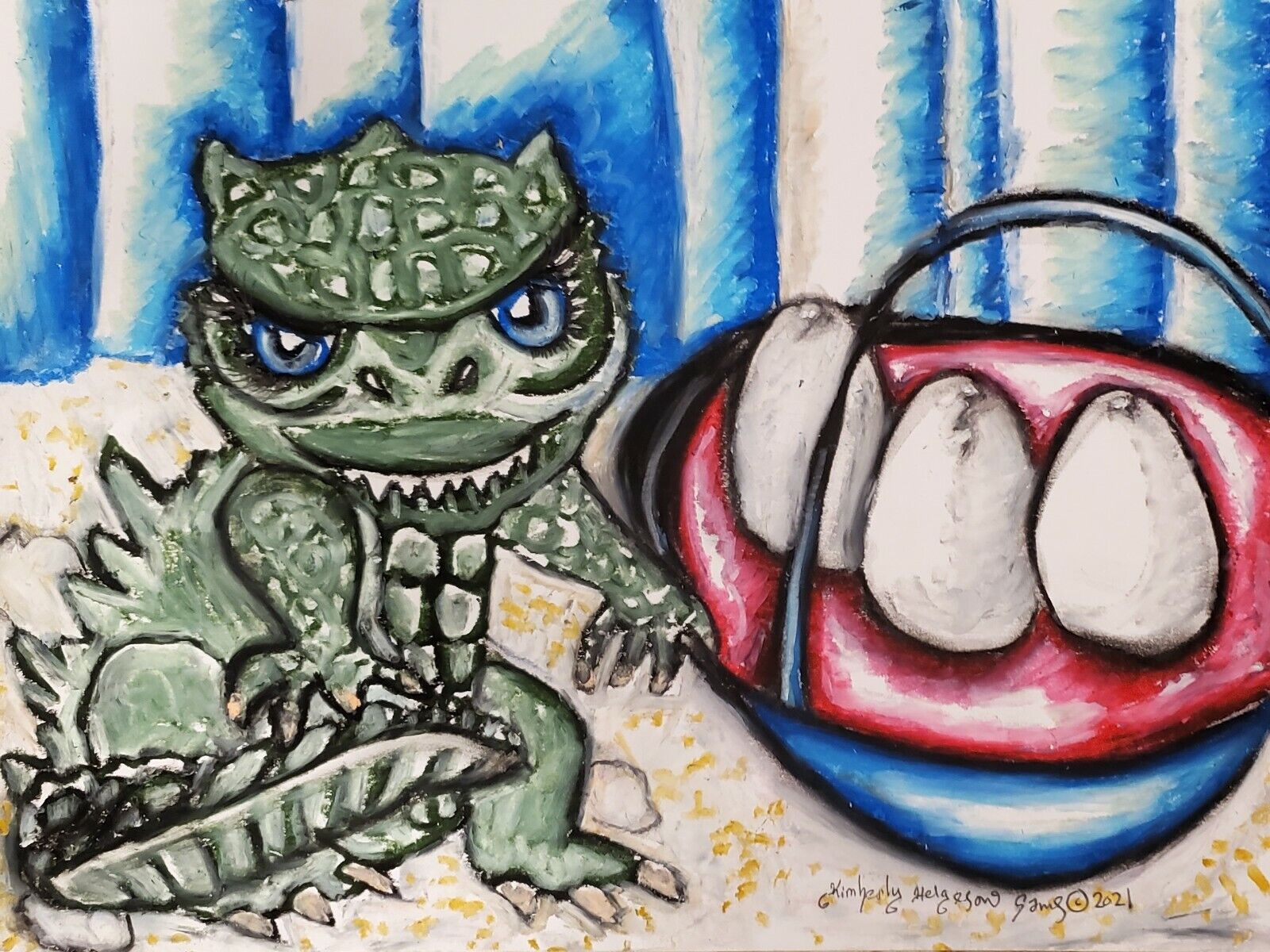-40%
Original intaglio etching by Real Musgrave "Bath Time "Signed, numbered #96
$ 105.6
- Description
- Size Guide
Description
WELCOME TO OUR STORE.........
THANK YOU FOR LOOKING!
PLEASE ADD US TO YOUR LIST OF FAVORITE SELLERS
BE SURE TO CHECK OUT OUR OTHER LISTINGS
.
"We Recycle"
Original intaglio etching by Real Musgrave " Smoke Detector". Signed, numbered 95 of a limited edition of 150. Hand printed by Real Musgrave and double matted and Framed by Muff Musgrave. The print itself is "16x13", matted to a frame size of 13 1/2" by 10 1/2". The image window on the matt is 8 1/2" by 6 1/2".
This was purchased at their studios
Artist's Notes on How The Print Was Made
by Real Musgrave:
"One of my BFA degrees was in printmaking. So I love the look and loved the process but I can hardly imagine doing it now. Too few people realized how intense the process was. Sadly, many collectors actually thought that a color lithograph reproduced from a painting was a superior print. And that was SO much easier! After a while it no longer seemed worth all the effort. My etching press is packed up in grease and stored away. But I hope you can explain to people just why these are considered such a unique art form. And for anyone interested in longevity, the materials are hard to beat. I have seen a 500 year old engraving by Albrecht Durer that is as beautiful today as the day it was pulled.
"The process I used in almost all of my intaglio etchings is called aquatint. It involves stopping out (and then removing) various parts of the plate with a "resist" and then putting the plate in an acid bath several times. First the line work is etched. Then by trial and error --with several proofs for each tone, to check progress-- the mid-tones are etched into the plate. Ink is rubbed onto the plate with cheesecloth, then wiped until just the right amount is left on the roughened areas. The plate is put onto the bed of a hand cranked press. Then a deckled sheet of hand-made cotton rag paper, which has been soaked in water and slightly blotted (to make it absorb the ink better), is placed on that. Finally, layers of felt blankets go on top and the whole thing is cranked through. When it works, you get an etching! But the plate wears out fairly quickly, so not very many..."












